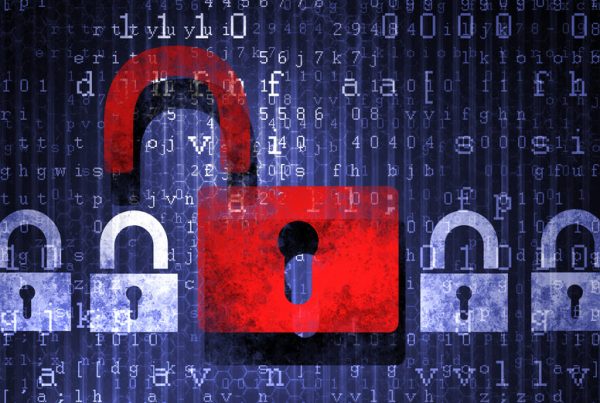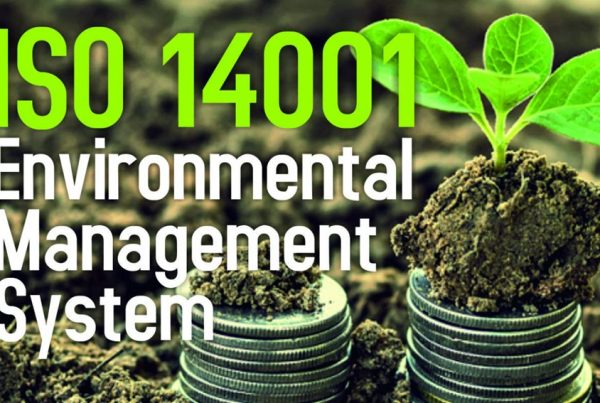What is ISO 27001
ISO 27001 is best explained as the means that allows a business entity to develop its information security management system. The decision-making division of a company should be at the helm of implementing this standard of living and show the way by practical example if it has to be adopted in an effective and efficient way. Legitimately, ISO 27001:2013 is a standard recognized at worldwide level in information security and necessitates that companies terms include and implement an Information Security Management System (ISMS). Basically, ISMS is an organized way with the goal of supervising an organisation’s information to keep it safe and secure. An ISMS have to reflect on personnel, procedures and IT systems. More to the point; it must take account of a proper risk management framework and course of action.
Why Carry Out ISO 27001 Internal Audit
In an organisation ISO 27001 internal audit is carried to counter balance the conformity of continuing practices with the set of standards and to evaluate unforeseen events for development. For an organisation an ISO 27001 internal audit can be critical in the perspective of its profitable advancement. If we observe that there is no problem or the process is going without any error according to the audit report than in that case there must be a comprehensive and logical explanation related to that. In ISO 27001 internal audits a common issue in the majority of organisations are that they lack trained personnel for performing the particular task of internal audit. Likewise, rest of the employees are not very much concerned in doing that as according to them it does not fall in their job description for which they were employed. At this instant, the need for outsourcing the ISO 27001 internal audit get important.
Benefits of ISO 27001
The ISO 27001 standard provides equal advantages for each and every organisation. Incorporating standards of Information Security in our BAU “Business As Usual” practices increases our confidence level to fulfil the rising expectations of customers for data security and new business prospects. Although, it is not a must have element for all organisations to be certified. Nevertheless, a certification validates that our organisation has officially and legally fulfilled the objectives of the certification conditions. An outside entity, as a part of the ISO 27001 certification process, evaluates a company claims to confirm that it is actually meeting its stated claims. ISO 27001 necessitates re-certification checks yearly which are also implied as internal audits. It certifies that an organisation is acting in accordance with the information security and compliance requirements. In case an organisation chooses not to follow an ISO 27001 certification, even than it is highly recommended that it runs its working operations in line with the framework and principles of ISO 27001.
It is important to understand the fact that internal and external auditors are two different concepts. An external auditor works with a particular objective for example certifying a company to the ISO 27001 standard. An internal auditor does not simply analyse former records but focus on continuing processes and risk minimization for the future as well. As a result, it is of paramount value for an organisation to keep and establish a distinct internal audit department including outsourced internal auditors. It is important for the ISO certified organisations to outsource their internal audits in order to improve and develop their work practices. As the outsourced internal auditors are properly ISO certified individuals with special expertise in performing audits so they have greater understanding of ISO systems. Being competent enough and skilled at their jobs they always offer suitable solutions for the emerging issues accompanied by effective coaching and training.
In addition to that, for majority of business entities an increasing component is the provision of third party goods and services. If outsourced services carry strategic significance then security about these services must focus on proper plans for internal audit. It must be kept in mind that getting an ISO 27001 certification calls for your time and effort. If anyone states the opposite or negate that fact than they are being dishonest or they don’t have the experience of being a part of an end-to-end implementation task of ISO 27001.
Most importantly, undertaking an ISO 27001 certification must not be considered as a simple tick-box exercise because it’s certainly more than that. In order to implement it effectively in the long-run, an organisation should introduce a cultural change that requires the active involvement of the executive management.
If you are looking to outsource your ISO 27001 internal audits we are more than happy to support. Contact us for a free consultation today.





